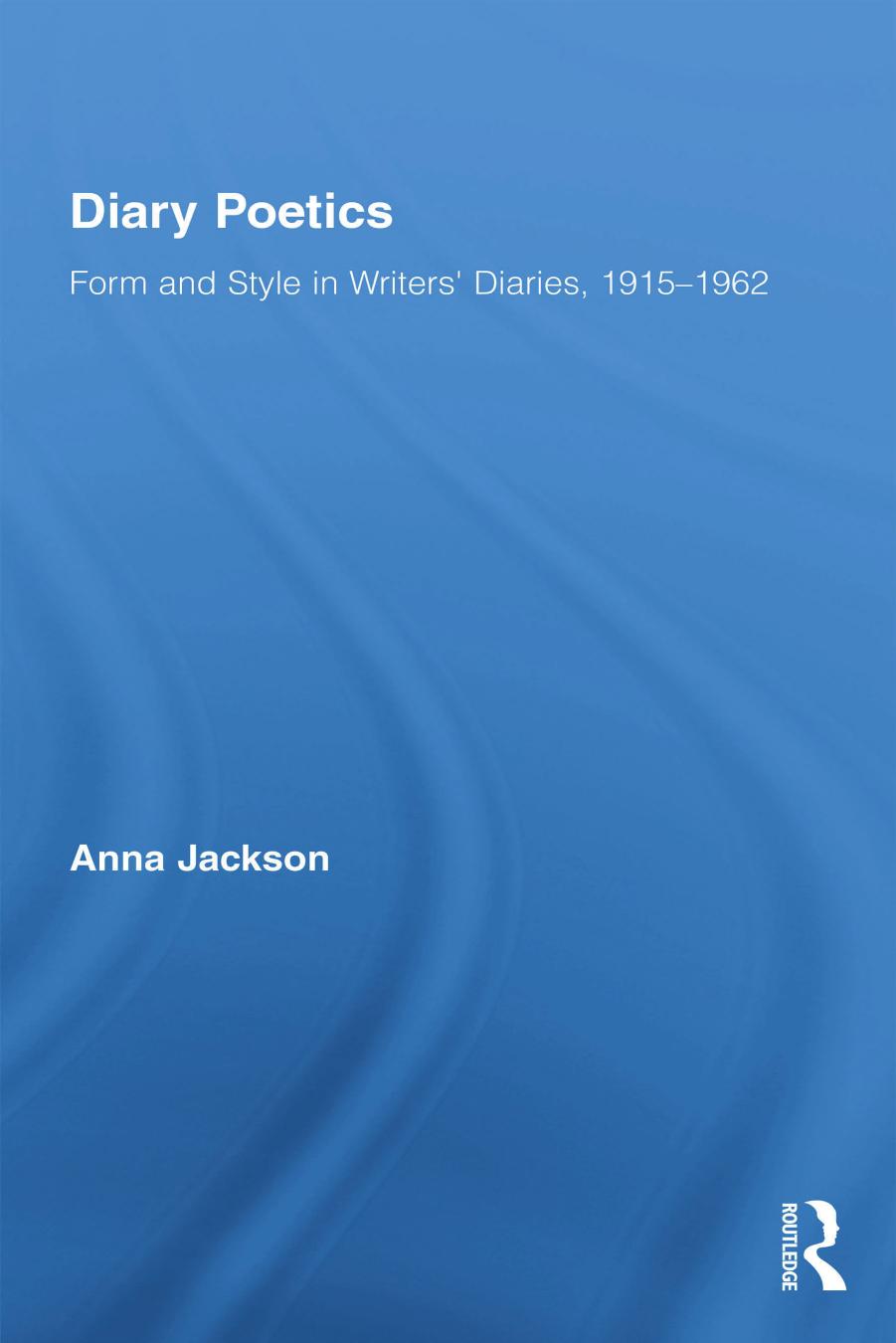

Most ebook files are in PDF format, so you can easily read them using various software such as Foxit Reader or directly on the Google Chrome browser.
Some ebook files are released by publishers in other formats such as .awz, .mobi, .epub, .fb2, etc. You may need to install specific software to read these formats on mobile/PC, such as Calibre.
Please read the tutorial at this link: https://ebookbell.com/faq
We offer FREE conversion to the popular formats you request; however, this may take some time. Therefore, right after payment, please email us, and we will try to provide the service as quickly as possible.
For some exceptional file formats or broken links (if any), please refrain from opening any disputes. Instead, email us first, and we will try to assist within a maximum of 6 hours.
EbookBell Team

5.0
108 reviewsThe diary is a genre that is often thought of as virtually formless, a "capacious hold-all" for the writer’s thoughts, and as offering unmediated access to the diarist’s true self. Focusing on the diaries of Katherine Mansfield, Virginia Woolf, Antonia White, Joe Orton, John Cheever, and Sylvia Plath, this book looks at how six very different professional writers have approached the diary form with its particular demands and literary potential. As a sequence of separate entries the diary is made up of both gaps and continuities, and the different ways diarists negotiate these aspects of the diary form has radical effects on how their diaries represent both the world and the biographical self. The different published editions of the diaries by Katherine Mansfield, Virginia Woolf and Sylvia Plath show how editorial decisions can construct sometimes startlingly different biographical portraits. Yet all diaries are constructed, and all diary constructions depend on how the writer works with the diary form.